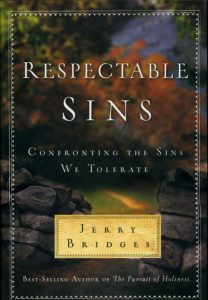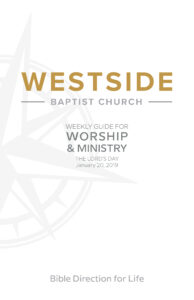All of us know that mastery of the basics, in any area of life, is fundamental to success. If you want to bake an edible cake, you will never get away from the need to select the proper ingredients, measure them in the correct proportion and then add them in the right order. No matter how much skill you have in putting the icing on the cake and no matter how delicious a topping you can whip up, if you fail on the basics your cake is a fail.
Even though we know that the basics are important, it is all too easy to assume that we have already mastered those basics and to ignore them in actual practice. The basics are, after all, so basic. They are seldom hip or cool and they are unlikely to go viral on social media. Yet the very worst failures, the ones that do go viral, are almost always the result of a lack of attention to those same boring basics. People do not generally go ‘off the deep-end’ spiritually because they didn’t read the latest book on how to be a more successful Christian. An utterly inedible cake is far more likely to result from switching the proportions of salt and sugar than from a failure to watch enough shows on the Food Network.
The very same principle applies to the reading and study of Scripture. A bewildering variety of tools are trumpeted as the ‘silver bullet’ to meaningful interpretation. Many of these tools are in fact quite valuable—but only as they are used as a means of mastering and applying the basics, never as a replacement for them. The foundation for effective Bible study is always a careful reading of the text itself and if that is not done, nothing else much matters.
No one, no matter how much they know about the biblical languages or background, is exempt from this basic principle. If you can’t keep the salt and the sugar straight in the kitchen you already have, a wider variety of sweeteners isn’t going to improve the situation. Commentaries, lexicons, and encyclopedias can be useful, perhaps even necessary on occasion, but they are no substitute for reading the text well to begin with. Furthermore, if you are not already reading the text well, you will not be able to tell when a particular commentator has long since ceased to do so. The greatest mistakes in interpreting and applying Scripture do not spring from an ignorance of the latest archeological discoveries or exegetical breakthroughs but from a failure to read the text itself with sufficient care.
Reading well—Reading with Understanding—is the foundation for all effective Bible study. It is also the title of the equipping class that begins tomorrow. We will revisit the fundamentals of reading Scripture carefully, principles that are at the foundation of effective study at any and every level of skill. My prayer is that it will help everyone who participates, including myself, to deepen our passion for the basics.



